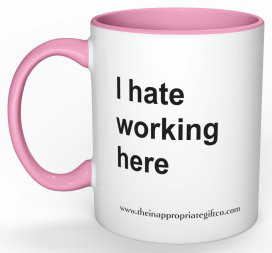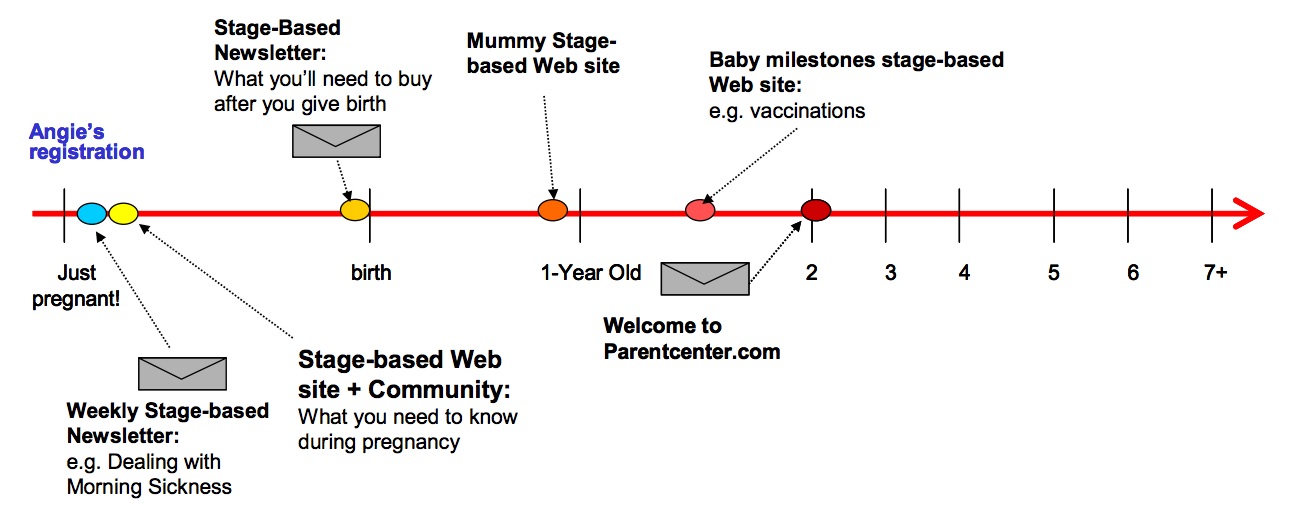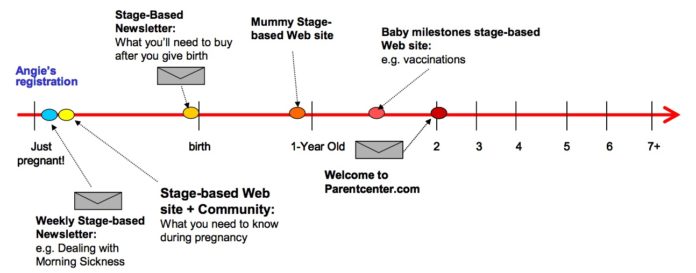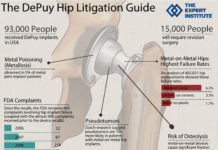Pharma Industry News Update: 9 June 2017
![]()
 Top Ten Reasons Why You Hate Working for Pharma
Top Ten Reasons Why You Hate Working for Pharma
[From worldofdtcmarketing.com] Most professional consulting groups have all commented about the serious shortfall of working for a biopharma company. Over the last 5 years colleagues Rich Meyer, author of DTC Marketing Blog, and colleagues have developed a list of the most common complaints about working in marketing for pharma.
- Too many damn meetings! By far this is the top complaint we have heard. Pharma companies are matrix organizations which means meetings, a lot of meetings usually taking up employee calendars for days and weeks.
- Takes too long to implement programs. This is a complaint I usually hear from digital marketers. Digital marketing is about implementing with speed and testing new things. Unfortunately pharma tends to move at a snails pace which frustrates employees.
- Too many “lifers”. A lifer is someone who goes from pharma company to company with outdated ideas. He,or she, is more interested in their title and political status than bringing new thinking to the organization.
- Our CEO is too far removed from our business and is too concerned about Wall Street rather than Main Street.
- Good job, but you’re being laid off. Too many pharma companies still lay off the wrong people when one of their products comes off patent or sales decline. The idea of “finding a new job within the company” is quite common even for employees who have great reviews and have proven their value.
Former Pharma Reps Working for Insurers
A “Soul Cleansing” Experience

[From www.nytimes.com] As a drug salesman, Mike Courtney worked hard to make health care expensive. He wined and dined doctors, golfed with them and bought lunch for their entire staffs – all to promote pills often costing thousands of dollars a year.
He’s on a different mission now: When he calls on doctors, he champions generic drugs that frequently cost pennies and work just as well as the kinds of expensive brands he used to push.
Instead of Big Pharma, he works for Capital District Physicians’ Health Plan, an Albany, N.Y., insurer. Instead of maximizing pill profits, his job is to save millions of dollars by educating doctors about expensive prescription drugs and the stratagems used to sell them.
“Having come from Big Pharma, I do really feel my soul has been cleansed,” Courtney said with a laugh. He formerly worked for Pfizer and Johnson & Johnson. “I do feel like I’m more in touch with the physicians” and plan members, he added.
Further Reading:
Personalized Pharma eMarketing
A Pioneering 2002 Case Study

[From www.news.pharma-mkting.com] The current mantra of pharmaceutical e-business is “integrate e-business into sales and marketing for a better ROI and more sales.” I found out what this means by listening to a 2002 presentation by Philippe Barzin, who at the time was Director of Connectivity at Johnson & Johnson.
Instead of talking about CRM (Customer Relationship Management), Barzin focused on HRM or “Healthcare Relationship Management.” While CRM focuses on a single customer at any one point in time, HRM focuses on supporting the customer across multiple channels – Web, email, call center, field visits – and over a lifetime. Considering the physician customer first, Barzin cited research showing that physicians value many sources of contact with pharma companies and actually find online sources less valuable than offline!
To demonstrate the effectiveness of “customer-oriented surround marketing” and personalization, Barzin used BabyCenter, a J&J consumer-focused web site, as a case study.









![6 Digital Tools at the Center of Healthcare Digitalization [INFOGRAPHIC]](http://ec2-54-175-84-28.compute-1.amazonaws.com/pharma-mkting.com/wp-content/uploads/2021/04/6DigitalTools_600px-100x70.jpg)




